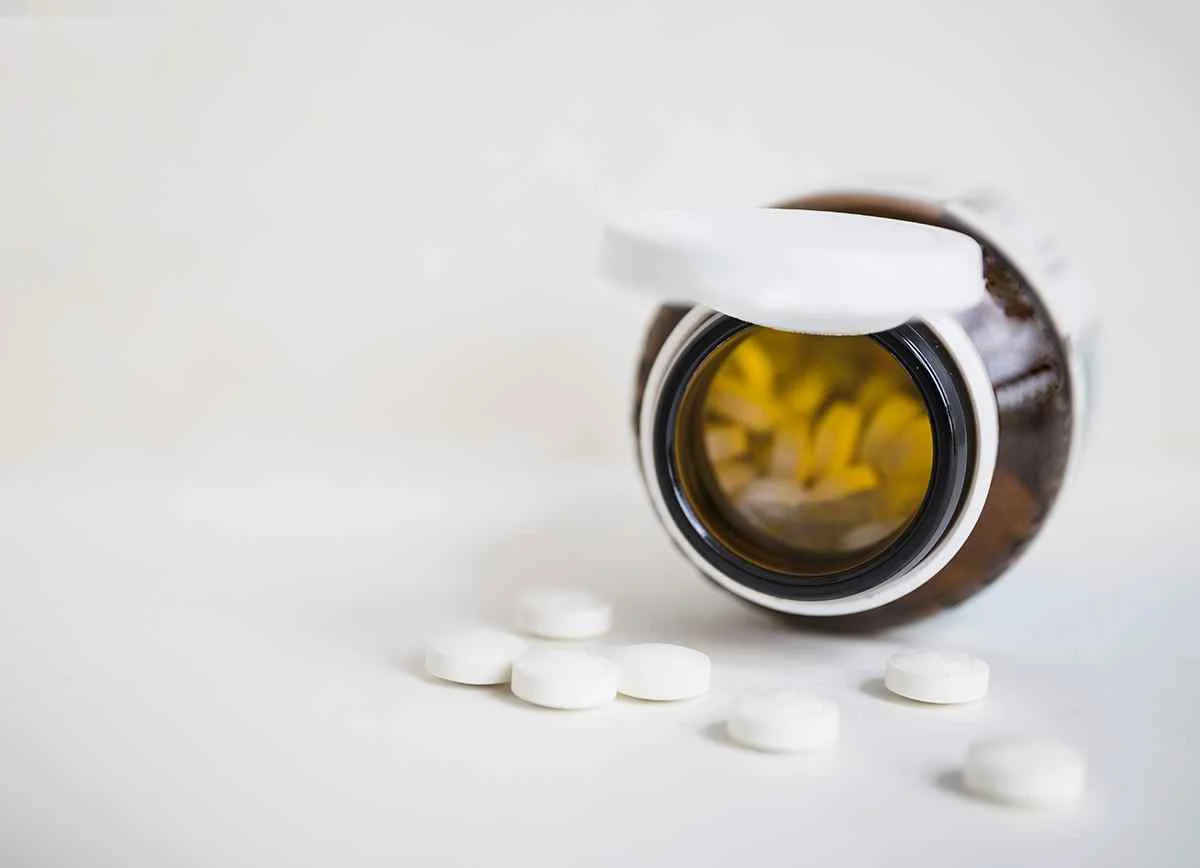How Long Does Hydrocodone Withdrawal Last?
The United States is in the middle of an opiate epidemic; findings by the Centers for Disease Control and Prevention put the average amount of daily narcotic overdose deaths on drugs such as hydrocodone at 115 American lives. Every year sets new drug overdose death records; in 2016, roughly 63,600 people died, and over 72,000 died in the following year to drug overdose. Whether through accidental addiction or intentional recreational use, stopping an addiction before it can cause even greater harm is crucial. However, the road to abstinence isn’t that easy; one of the first hurdles are the withdrawal symptoms. How long does hydrocodone withdrawal last? What happens during withdrawal? These questions and more will be answered in this article.

Narcotic Withdrawal: How Long Does Hydrocodone Withdrawal Last?
Learn more about hydrocodone dependency here.
Causes of Withdrawal
Before we answer the question “how long does hydrocodone withdrawal last?” and other facets of detox, we will first examine what the causes of the condition are.
Opiate withdrawal syndrome is a powerful driving force behind many of the addictive and dependence behaviors seen in addicts, according to clinicians. When a person uses opiates for longer than their prescription allows for, in a way that wasn’t prescribed, or recreationally, the exposure to the drug causes an escalation in the mesolimbic reward system. Through the altering of this system, it reaches a point where brain function is more or less normal when the drug is present, and “abnormal” when use ceases.
Opiate withdrawal is closely tied to tolerance. A tolerance results in the user having to take higher doses for it to have the same effect on the mesolimbic system. Essentially, a tolerance is caused by the brain becoming adapted to the drug, counteracting the effect as best it can through brain alterations. The problem then comes in when drug use is suddenly stopped and the brain is still in this altered state.
As the brain begins to reverse the changes that took place to the mesolimbic system and other brain functions, the user experiences withdrawal symptoms.
Factors That Can Influence the Hydrocodone Withdrawal Timeline
So, with the causes of withdrawal in mind, how long does hydrocodone withdrawal last? There are several factors that can influence how long it takes your brain to return to natural function again, such as:
- How much hydrocodone was taken daily
- How long the abuse has been going on for
- Medical conditions
- The individual’s age
There are also differences in the hydrocodone itself; some forms of the drug may be short-acting while newer versions of the drug have an extended-release formulation. How long does hydrocodone withdrawal last in extended-release formulations, such as Hysingla ER? ER versions of the drug can cause some of the symptoms to be delayed, therefore increasing the total time it takes, but it doesn’t have that much of an impact on the average hydrocodone withdrawal timeline.
With this in mind, the hydrocodone withdrawal timeline is still similar to all opiate withdrawal timelines.
The Standard Opiate Withdrawal Timeline
In order to best answer the question “how long does hydrocodone withdrawal last?” we will explore the complete normal stages of opiate withdrawal. However, while there are expected withdrawal symptoms, not everyone experiences all of the symptoms, and certain symptoms may also be more severe than others in some cases.
The following looks at the most common opiate withdrawal timeline.
The First Two Days
As soon as the person stops using hydrocodone, the first symptoms start within the first 24 hours, and as early as the first six hours. In extended-release formulations, the first symptoms may only appear after the first day. The symptoms that first appear include:
- Sweating
- Cramping in the abdominal area
- Nausea
- Muscle and joint pain
- Insomnia
- Anxiety
- Depression
- Cravings
Day Three to Five
As the body starts to realize that the opiate is no longer present, automatic changes start to take place. Between day three and five in the stages of opiate withdrawal, the more severe symptoms set in, and the symptoms that are already present tend to become more severe, too. The symptoms expected during this time include:
- Vomiting and diarrhea to expel toxins
- Nausea
- Shaking
- Muscle pain
- Excessive sweating
- Anxiety
- Fever
- Insomnia
- Depression
- Intense cravings
Day Six and Seven
By this stage in the withdrawal process, most of the physical symptoms will subside, leaving only the psychological symptoms to deal with. These symptoms include:
- Anxiety
- Depression
Along with these symptoms, many people find themselves feeling guilty and remorseful over the things they did when they were addicted.
Day Eight and Beyond
In some cases, people experience the psychological symptoms such as depression for an unusually long time; even though they have rid themselves of the toxins, they may still feel depressed and anxious. In these cases, it’s often due to more severe and sometimes permanent damage that has been caused by extreme use. The condition is known as post-acute withdrawal syndrome (PAWS). The symptoms can persist for months without treatment.
A Medical Detox for Hydrocodone Addiction
A medical detoxification program at a qualified rehab center is the best way to overcome the uncomfortable and sometimes-dangerous symptoms of hydrocodone withdrawal. It is a program that, as the name suggests, is run by medical professionals and is completely supervised to ensure that the experience is less intense. This is achieved through prescription and over-the-counter medications.
Nutrition is also an important factor since many addicts are malnourished when they start the detox process. Along with the fact that the person will have diarrhea and may vomit – losing even more nutrients – proper diet is very important. In a medical detox program, the individual’s health can be closely monitored, ensuring that they have a proper diet.
Medications Used
The prescription medications used during the withdrawal phase from hydrocodone are themselves opiates since it is the only way to truly reduce the severe symptoms and cravings; by allowing the body to taper off at a slower, controlled pace.
Medications such as these are highly effective in opioid withdrawal and an essential part of a safe recovery. The types of medications that are most commonly used include the following:
- Naltrexone – This medication’s effects are twofold: in helps to block the effects that excessive use of opiates has on the brain and can also help to speed the detox process up.
- Buprenorphine and Clonidine – These medications are a common choice for opiate withdrawal because they are effective at reducing symptoms such as muscle pain, vomiting, sweating, and anxiety.
Getting help for a hydrocodone addiction may be one of the most important decisions you’ll ever make. Call Better Addiction Care today at (800) 429-7690 to find rehab centers in your area.






